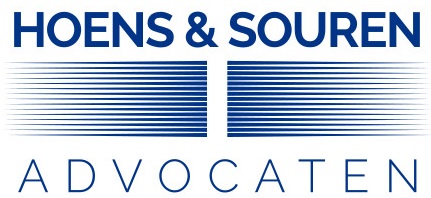Successful defence for buyer of commercial property against suit brought by project developer

A commercial property was completed according to the project developer, but the buyer (our client) refused to pay the last portion of the agreed purchase and contract price because the property still had various defects (especially in the installations). The project developer then put the building under sequestration and refused to repair the shortcomings.
Our assignment
The buyer asked us to assist him in the suit brought to the Court of Arbitration for the Building Industry by the project developer. Not only for the reply to the statement of objections, but also in the verbal hearing. Additionally, our client wanted the sequestration to be terminated and preferred an outcome in which the repair will be carried out quickly above a lengthy procedure.
Our approach
Our client was willing to pay the remainder of the purchase and contract price, but he had to be sure that the points would be addressed to his satisfaction. However, the suit had already been brought before the Court of Arbitration for the Building Industry by the counterparty and the counterparty did not acknowledge the defects. Therefore, it was decided to first contest the claim, naming the shortcomings, so that a competent arbiter at the Court of Arbitration for the Building Industry could reach a judgement on this. During the oral handling, it became clear that the competent arbiter also considered the shortcomings identified by the client to be actual shortcomings. This message was also received by the counterparty (the project developer) and this is when they were willing to discuss repairs.
The result
Instead of waiting for a ruling and a possible further investigation, we steered towards a quick and practical solution. A settlement agreement was drawn up which recorded the defects, the repairs and a timeframe for this. It was also determined that the rest of the purchase and contract price would be deposited on our office’s trust account so the sequestration could be terminated. An amount was established per defect which would be fulfilled from our trust account when resolved in accordance with the agreement. This kept the project developer under pressure to have the (sub)contractors carry out the repairs. The repairs were carried out quickly and the project developer was paid. The suit was then withdrawn by the project developer, who also bore the costs of the suit.
Would you like to know more about our services in the field of construction law? Contact Mykel Beekman.
